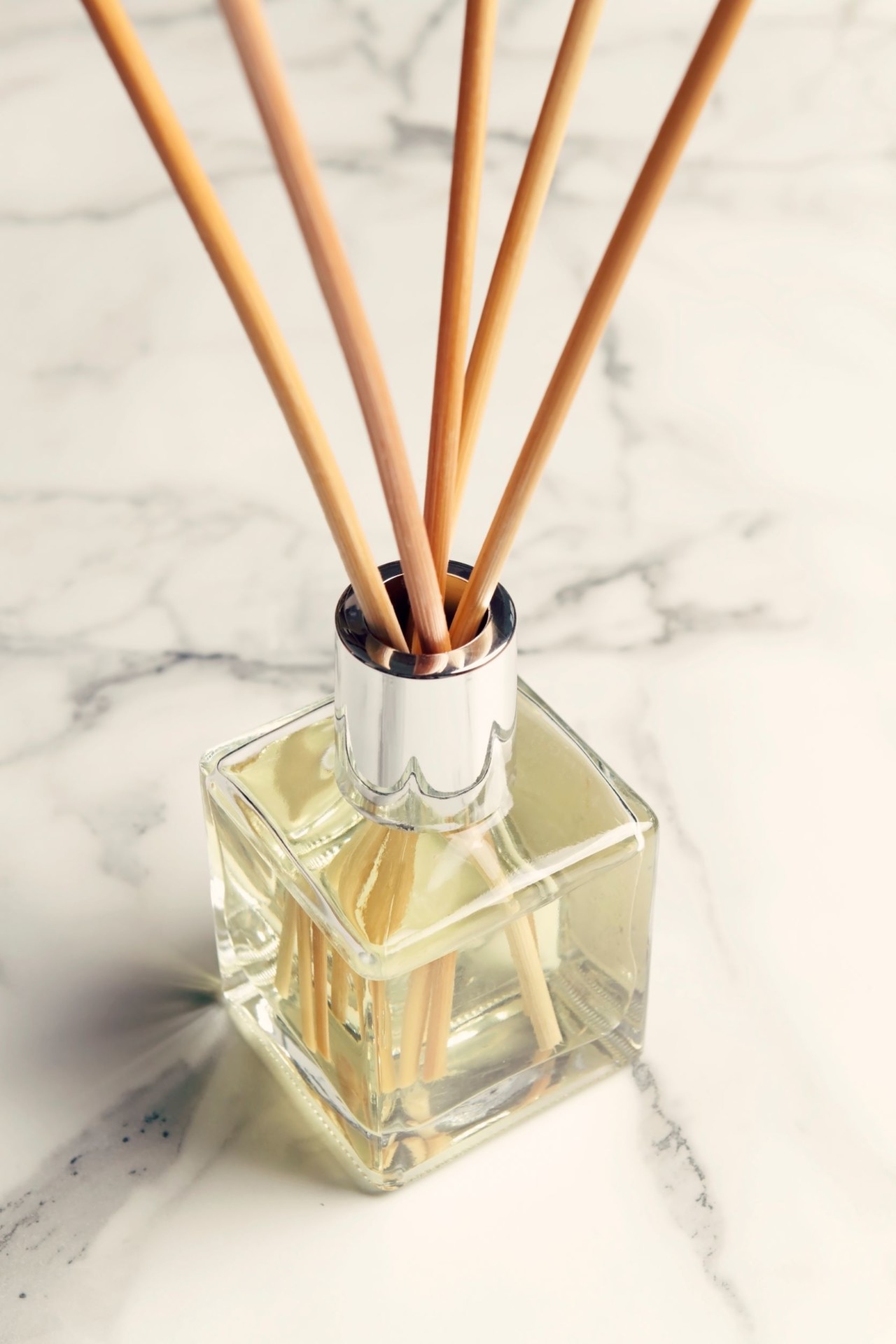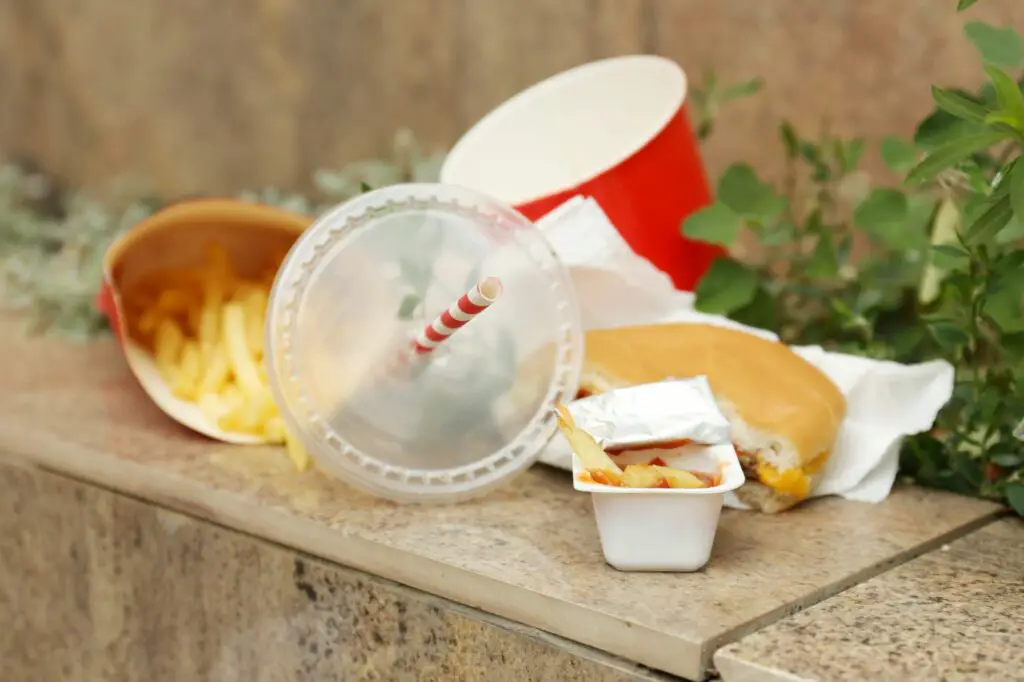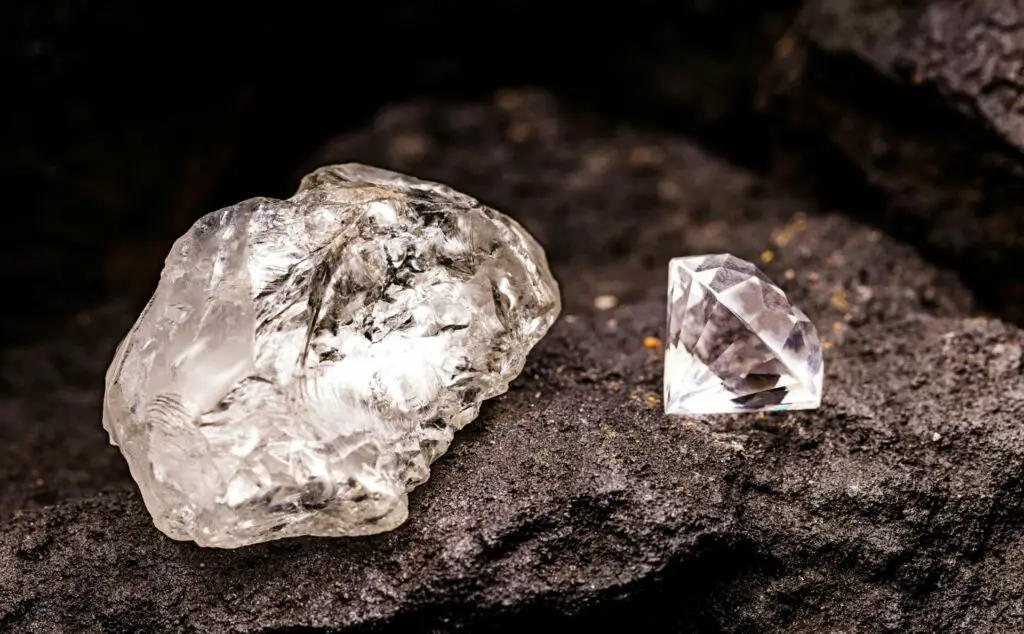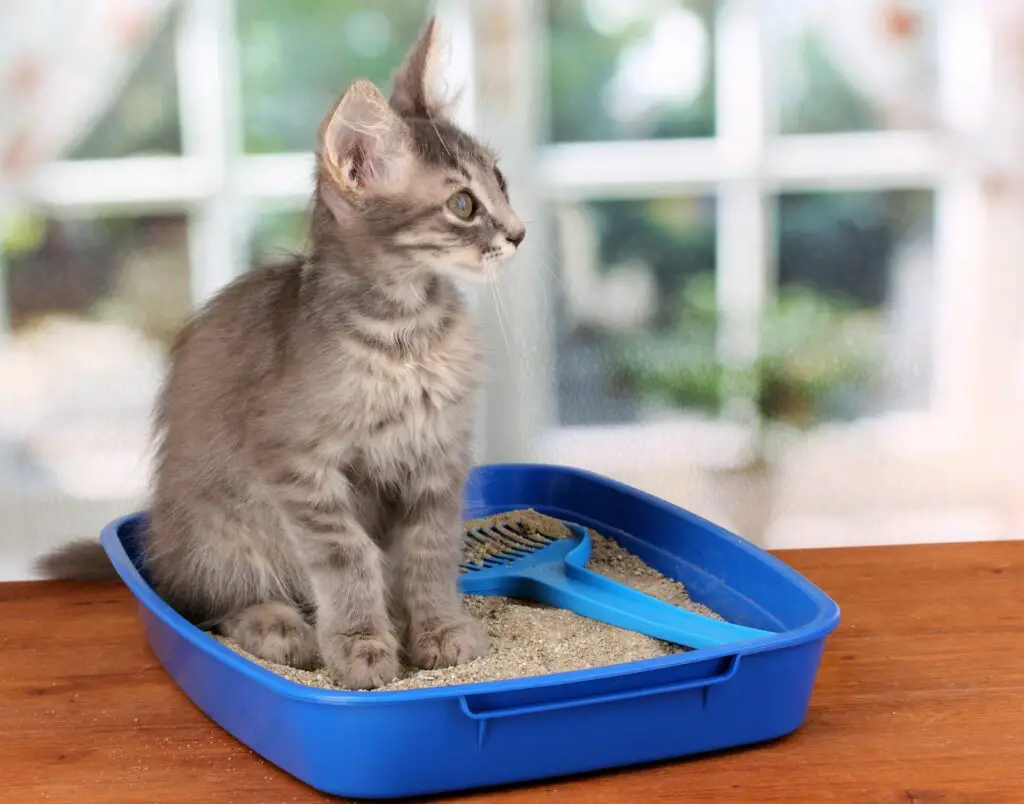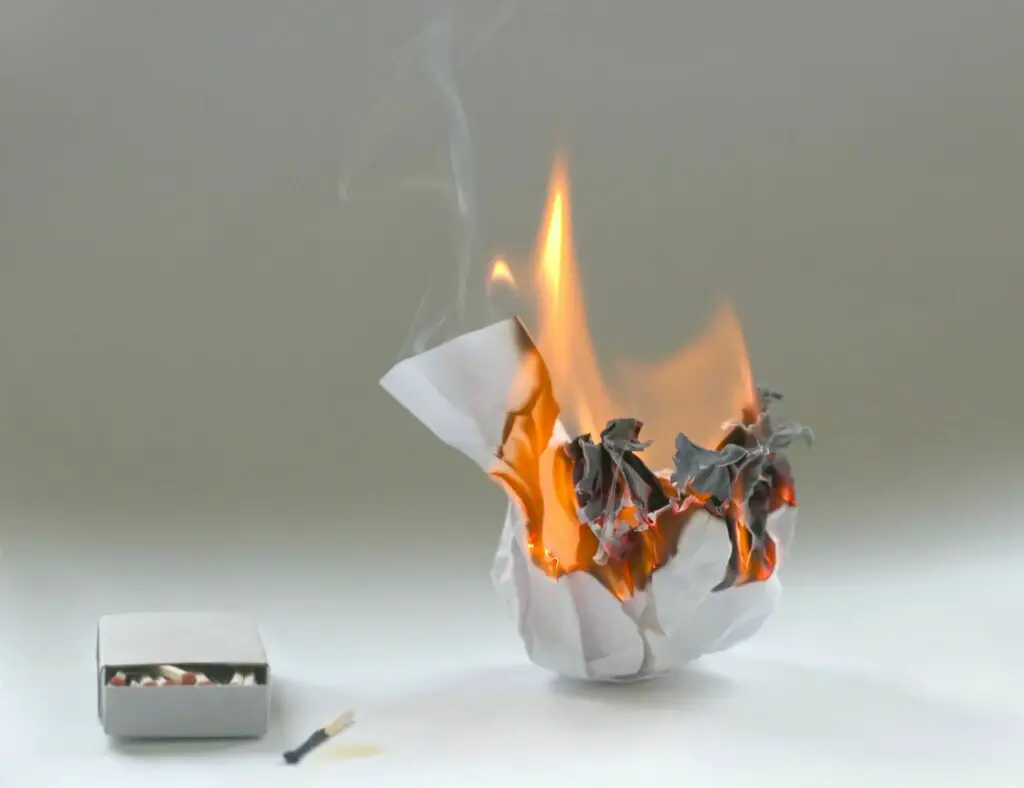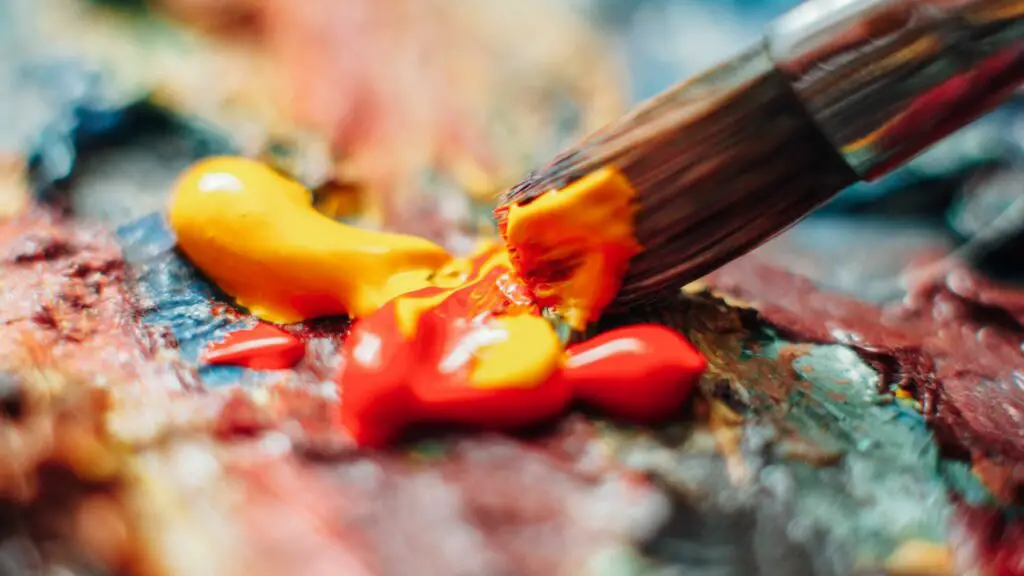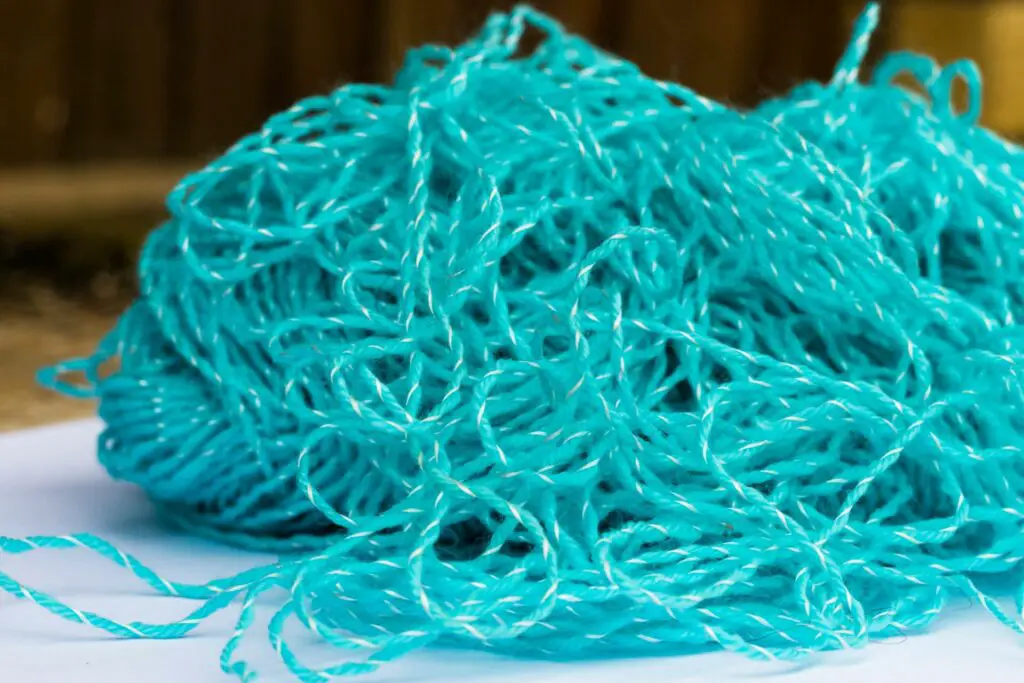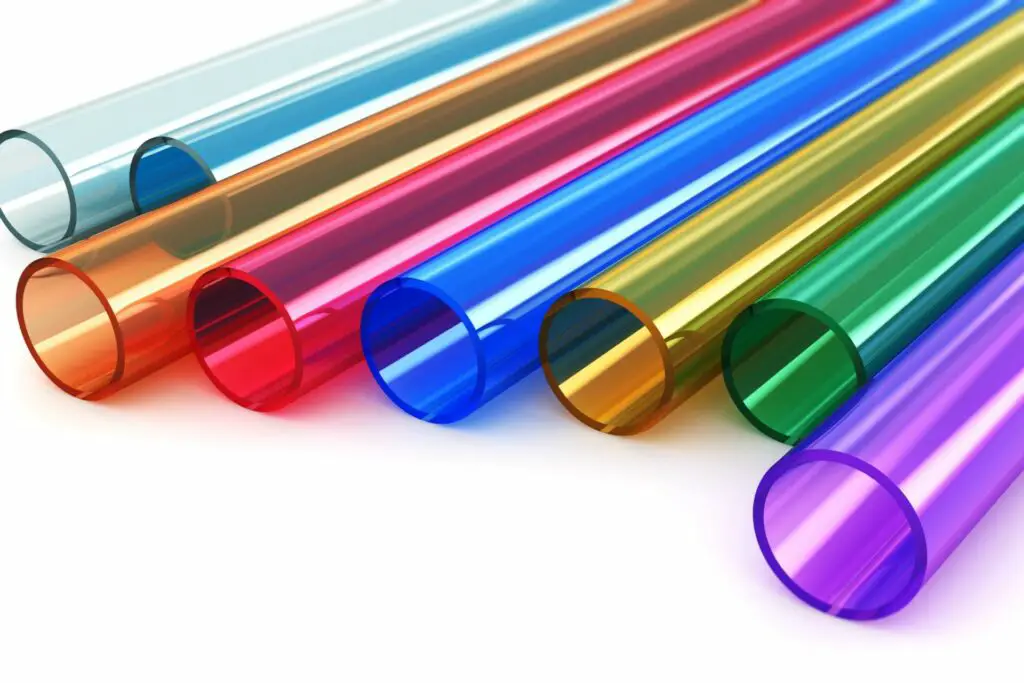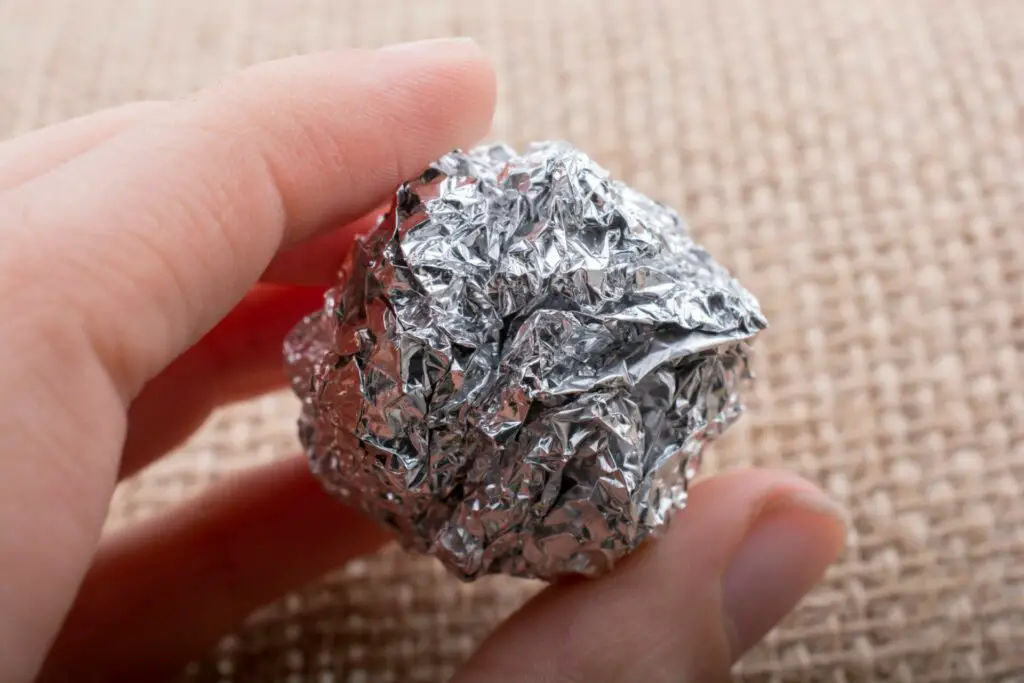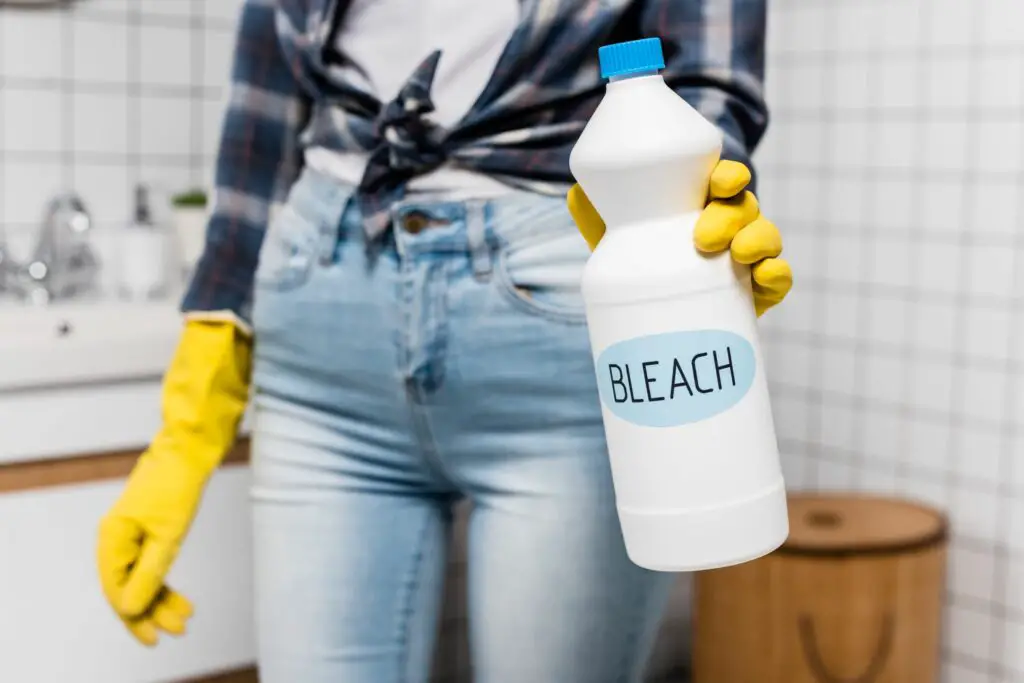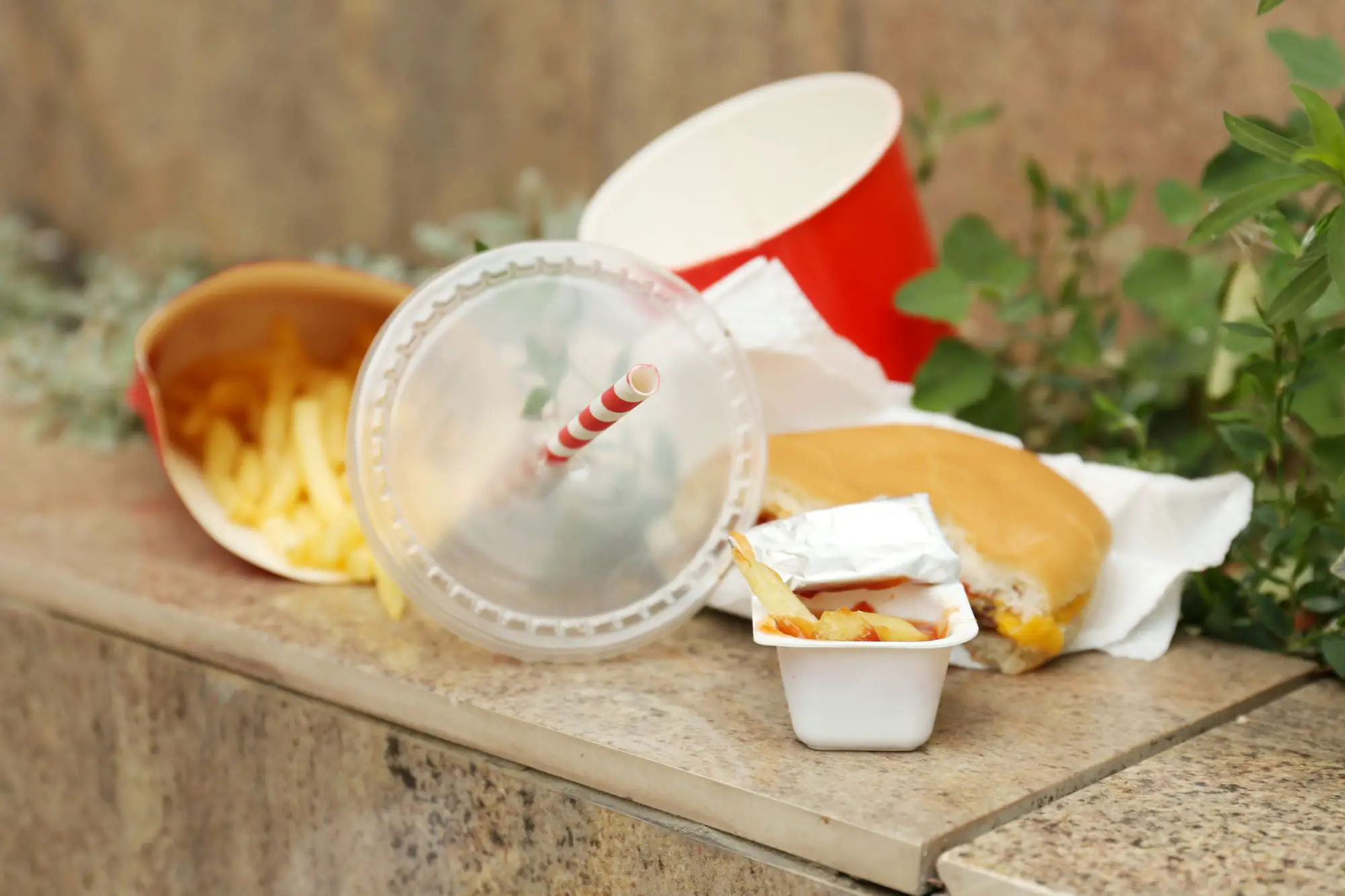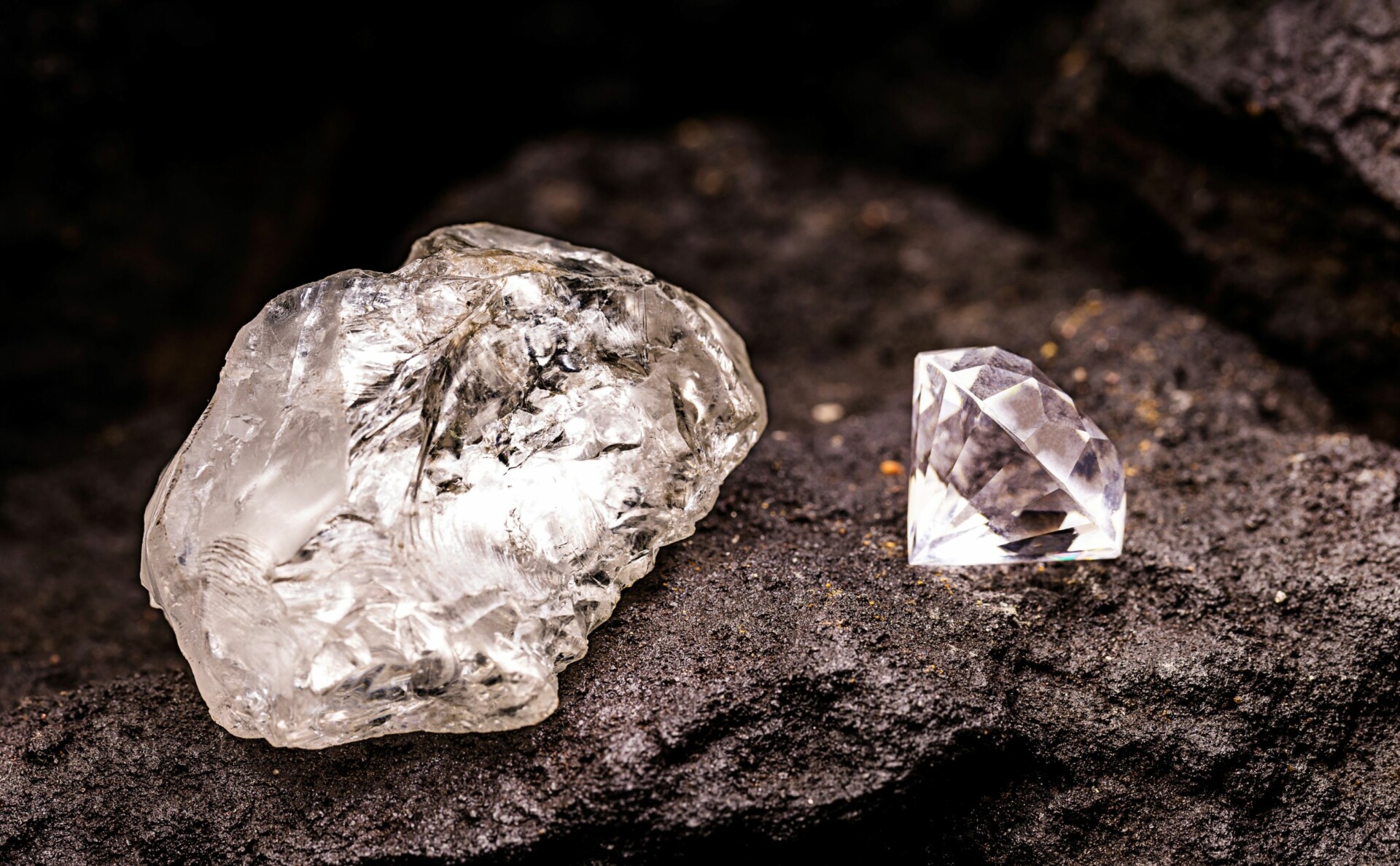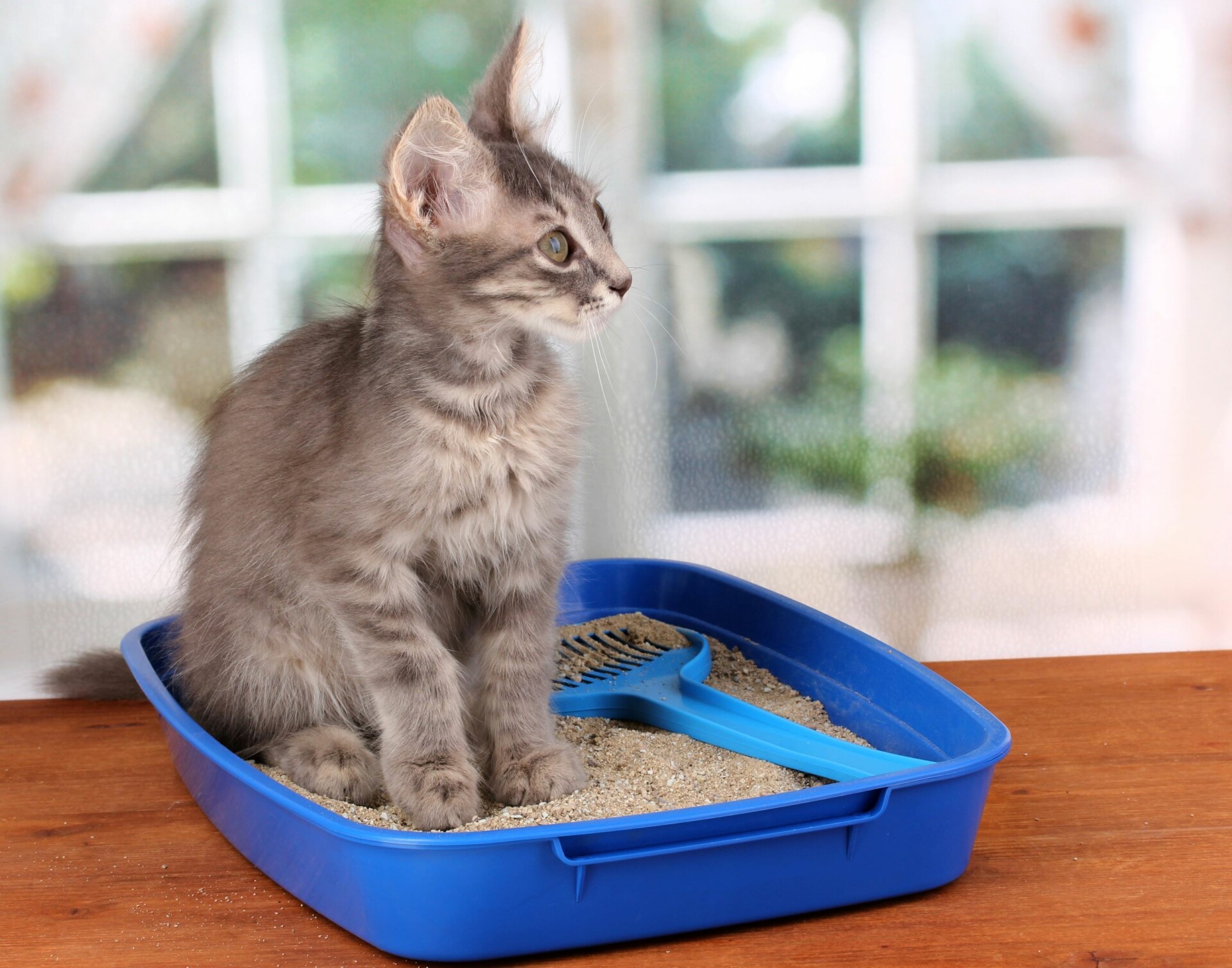In the ever-growing list of products used to fragrance our homes, reed diffusers are becoming quite popular.
You can use them with whatever fragrance oil you like and choose many different decorative jar options as well.
Many people prefer reed diffusers over candles since reed diffusers often produce a better fragrance and are less hazardous as well.
But are reed diffusers eco-friendly?
The reeds themselves are generally eco-friendly. However, the fragrances that are used with, as well as the container, may not be.
Let’s learn more about reed diffusers and how you can make them as eco-friendly as possible.
1. Are Reed Diffusers Eco-Friendly?
In general, reed diffusers are eco-friendly especially prior to being fragranced.
They’re eco-friendly because of what they’re made of, which is primarily rattan or bamboo.
But in determining the overall eco-friendliness, three factors need to be considered.
1. Reed Material
Rattan and bamboo are both natural, plant-based materials, but let’s look at each of them separately to determine exactly what they are.
Rattan comes from a palm tree that grows in tropical regions of Asia and Africa. In addition to reed diffusers, it’s used to make baskets, furniture, and decor.
It’s easy to harvest as it requires much simpler tools and is easier to transport than other types of wood, and it grows faster than other types of wood as well.
Bamboo is a type of tall grass with a woody stem. It can grow all over the world and is used for all sorts of products besides reed diffusers, including clothing, decor, alternatives to paper products, and more.
It’s also easy to harvest and is considered to be the fastest-growing plant on Earth.
Just considering what they are, rattan and bamboo are very eco-friendly materials.
However, there is another factor that is related to reed diffusers that causes them to be less eco-friendly.
2. Fragrance Type
How eco-friendly reed diffusers are depends mostly on the type of fragrance used with them, not necessarily the diffuser material itself.
The type of fragrance used with reed diffusers is typically fragrance oil, but fragrance oil can be natural or synthetic.
Natural fragrance oil uses oils that typically come from herbs, flowers, and other plants. That means that scent variations are often limited and don’t last as long.
Synthetic fragrance oil is made primarily from petroleum by-products and various chemicals, and the range of scents is much wider and longer-lasting.
With that being said, using natural fragrances makes reed diffusers more eco-friendly due to coming from plant-based materials, while using synthetic fragrances makes them less eco-friendly due to coming from crude oil.
However, even natural fragrance oils are not completely eco-friendly since they still contain volatile organic compounds – as do synthetic fragrances – which are what produce the actual fragrances.
These VOCs are known to cause air and water pollution as well as negatively affect aquatic life.
3. Container
The third thing to consider is the type of container that is holding the reeds and fragrance oil.
Reed diffuser containers usually consist of some type of glass jar or vase.
Glass is made from natural materials including sand, soda ash, and limestone, but it’s made by heating these materials at very high temperatures.
Making glass uses a lot of energy which comes from burning fossil fuels, so it is not completely eco-friendly.
But, glass is much more eco-friendly than using plastic containers for reed diffusers and it’s definitely not the worst component of reed diffusers as far as eco-friendliness is concerned.
2. Are Reed Diffusers Sustainable?
Although rattan and bamboo are generally very eco-friendly materials to use for reed diffusers, there are some concerns with both of them when it comes to sustainability.
They are both renewable resources but there are some environmental concerns when it comes to growing and harvesting them,
With rattan, overharvesting to keep up with demand is causing a rapid decline of natural rattan since it doesn’t grow as quickly as bamboo.
With bamboo, the problem is just the opposite. Bamboo grows so quickly that land is being cleared to grow more of it, contributing to habitat loss through deforestation.
Luckily, sustainable forestry initiatives are working to make both rattan and bamboo more sustainable.
However, there is still a problem with the fragrances used in reed diffusers.
Natural fragrances are more sustainable since they come from renewable resources as well.
Synthetic fragrances are not sustainable since they come from crude oil, a non-renewable resource.
If you want to make reed diffusers more sustainable, make sure to use only natural fragrance oils, but remember that these oils are not completely without their faults since the VOCs can cause environmental harm as well.
Glass is a sustainable material since it can be recycled infinitely.
This is important since the materials used to make it, especially sand, are technically non-renewable resources despite being abundant on Earth.
3. Are Reed Diffusers Biodegradable?
Reed diffusers are biodegradable provided that they are made from rattan or bamboo.
But if they contain fragrance oils on them, they can’t biodegrade safely regardless of whether the fragrances are natural or synthetic.
Although the fragrances will not prevent the reeds from biodegrading, they will not do so safely since synthetic fragrance oils are made with crude oil and chemicals and natural fragrance oils contain VOCs.
When the reed itself decomposes, the chemicals used in synthetic oils, as well as the VOCs in both natural and synthetic fragrances can leach into the environment and cause soil and water pollution.
4. Are Reed Diffusers Compostable?
The reed diffusers themselves are perfectly safe to compost, but if they do have fragrance oil on them, you have to be careful with composting them.
Composting the diffusers that have either natural or synthetic fragrance oil on them can cause the chemicals to leach into the compost and contaminate it.
It’s only safe to compost reed diffusers that don’t and have never contained any fragrance oil on them.
5. Are Reed Diffusers Toxic?
The reeds used for diffusers are not toxic, but both natural and synthetic fragrances do have toxicity concerns.
Some of the chemical ingredients found in synthetic fragrances include benzophenone and styrene, which are carcinogens and phthalates which can disrupt the endocrine system.
Although natural fragrances don’t typically contain carcinogens, they do still contain VOCs which can cause nose and throat irritation as well as headaches and fatigue among other symptoms.
Plus, both natural and synthetic fragrances can cause allergic reactions due to the chemicals that they contain, especially with prolonged exposure to the fragrances through the air.
6. Do Reed Diffusers Pollute the Air?
Using reed diffusers can negatively affect indoor air quality. This is again due to the VOCs and other chemicals that the fragrances contain.
Although using natural fragrance oils for reed diffusers is a bit safer than using synthetic fragrance oils due to not containing carcinogens, remember that even the VOCs found in natural fragrances can still cause health concerns.
Many of these health concerns can worsen over time due to the quality of the air being lowered with more and constant use of reed diffusers.
7. What Can I Do With Empty Reed Diffusers?
Provided that your reed diffuser container is made of glass, the best thing that you can do is to rinse it out and recycle it if you don’t intend on reusing it.
You’ll want to make sure that you empty out all the fragrance oil, but you shouldn’t pour it down the sink since it does contain VOCs that can harm the environment.
You can pour it in a bowl filled with baking soda and the baking soda will absorb the oil, then just dispose of the baking soda.
If you plan on reusing the container, you can replace the reeds and oil and use it as a reed diffuser again.
Or, you can repurpose the container as a vase, for example. Just make sure to soak it in warm, soapy water first to clean it thoroughly.
8. Are Reed Diffusers Vegan?
The reeds used in reed diffusers are vegan. However, the fragrance oil used in them may not be.
Some of the ingredients used to make synthetic fragrances, as well as the fragrances themselves, may be tested on animals.
It’s hard to say for sure whether all aspects of a reed diffuser are vegan or not because it just depends on the manufacturer of the diffuser.
9 Are Reed Diffusers Reusable?
The container for reed diffusers is reusable. However, the reeds themselves are not.
If you put used reeds in fragrance oil of a different scent, it won’t be as effective since the reeds have already been saturated with the previous scent.
However, you can put new reeds in any unused oil.
10. Are Reed Diffusers Recyclable?
The reeds used in reed diffusers are not recyclable since they are saturated with fragrance that can contaminate the recycling stream.
However, the reed diffuser container can be recycled provided that it is made from glass and your local recycling center accepts it.
Just make sure that you empty out the oil and rinse the container before recycling it.
11. Are Reed Diffusers Better Than Candles?
Reed diffusers are safer than candles since you don’t have to burn them to produce the fragrance.
If safety is your main concern, then reed diffusers are better in this sense.
But in terms of which one is more eco-friendly, it just depends on what the candle is made of vs. what the reed diffuser is made of.
We’ve already discussed the components that make up a reed diffuser and which ones are more eco-friendly.
Candles can be eco-friendly too provided that they are made from beeswax, palm wax, soy wax, or another natural wax instead of paraffin wax which comes from crude oil.
Many candles that are made with paraffin wax also contain synthetic fragrances, while many candles that are made with natural waxes are also made with natural fragrances as well, although this isn’t always the case.
If you’re looking for whether or not reed diffusers or candles are made from more eco-friendly materials, it just depends on the type of wax the candle was made from as well as the type of fragrance contained in both the candle and the reed diffuser.
12. Are Reed Diffusers Safe for Pets?
Reed diffusers are not necessarily safe for pets. There are two reasons for this.
The first reason is that depending on the type of pet you have, reed diffusers can get easily knocked over and spilled and the fragrance oil can be potentially harmful to pets if they come into contact with it.
The second reason is that not only are you breathing in the fragrance from reed diffusers, but so are your pets.
Some animals can be much more sensitive to fragrances than humans are, and the fragrance can upset their respiratory system.
If you have pets, it’s a good idea to monitor how they respond to the fragrance, and even if the fragrance doesn’t bother them, you’ll still want to keep the diffuser out of reach of your pet.
13. Are There Eco-Friendly Alternatives to Reed Diffusers?
Reed diffusers can be eco-friendly, especially compared to some candles, if they are made with natural fragrance oils.
Another fairly eco-friendly option to make your home (or car) smell nice are wooden oil diffusers.
But remember that even natural fragrance oils contain VOCs which can cause health problems over time as well as pollute soil and water upon disposal.
If you’re still a bit iffy on using reed diffusers, why not try making your own stovetop potpourri?
Stovetop potpourri is one of the most natural and eco-friendly ways to make your home smell fresh.
Placing ingredients such as citrus peels, cinnamon, cloves, or other herbs and spices in a saucepan filled with water and letting the water simmer on the stove can be a great way to fill your home with natural fragrance.
You can let the pot simmer as long as you like then turn it off when you’re done.
Conclusion
The reeds used in reed diffusers are eco-friendly as well as the glass container that is usually used to contain the fragrance oil and reeds.
Both the reeds and the glass container are sustainable, and the glass container is reusable and recyclable as well.
However, the fragrance part of the diffuser may not be eco-friendly depending on the type of fragrance it is.
Even natural fragrances contain volatile organic compounds that can be hazardous to humans and the environment over time, but they are still safer and more eco-friendly than synthetic fragrances that are made from crude oil and other chemicals.
If you want the most eco-friendly option, you can try making your own potpourri out of natural ingredients such as fruit rinds, herbs, and spices.
You Might Also Like…
- Is Fast Food Bad for the Environment? (& What You Can Do)
- Is Fabric Softener Bad for the Environment? (+5 Eco-Friendly Options)
- Is Fuel Dumping Bad for the Environment? (& How Often It Happens)
- Is Electricity Generation Bad for the Environment? (What You Should Know)
- Is Dry Cleaning Bad for the Environment? (4 Surprising Facts)
- Is Diamond Mining Bad for the Environment? (Important Facts)
- Is DEET Bad for the Environment? 4 Effects (You Should Know)
- Is Cat Litter Bad for the Environment? (5 Common Questions)
- Is Burning Cardboard Bad for the Environment? (6 Facts)
- Is Burning Paper Bad for the Environment? (6 Surprising Facts)
- Is Burning Leaves Bad for the Environment? (7 Quick Facts)
- 4 Natural Cleaners for Quartz Countertops
- 6 Eco-Friendly Acrylic Paint Brands (For Sustainable Artists)
- 5 Eco-friendly Alternatives to Acrylic Paint (& How to Make Them)
- Is Acrylic Paint Bad for the Environment? (7 Quick Facts)
- Is Acrylic Yarn Bad for the Environment? 8 Crucial Facts
- Is Acrylic Bad for the Environment? (8 Quick Facts)
- Is Aluminum Foil Bad for the Environment? 7 Quick Facts
- Is Bleach Bad for the Environment? 6 Crucial Facts
- Is Lithium Mining Bad for the Environment? 6 Crucial Facts

